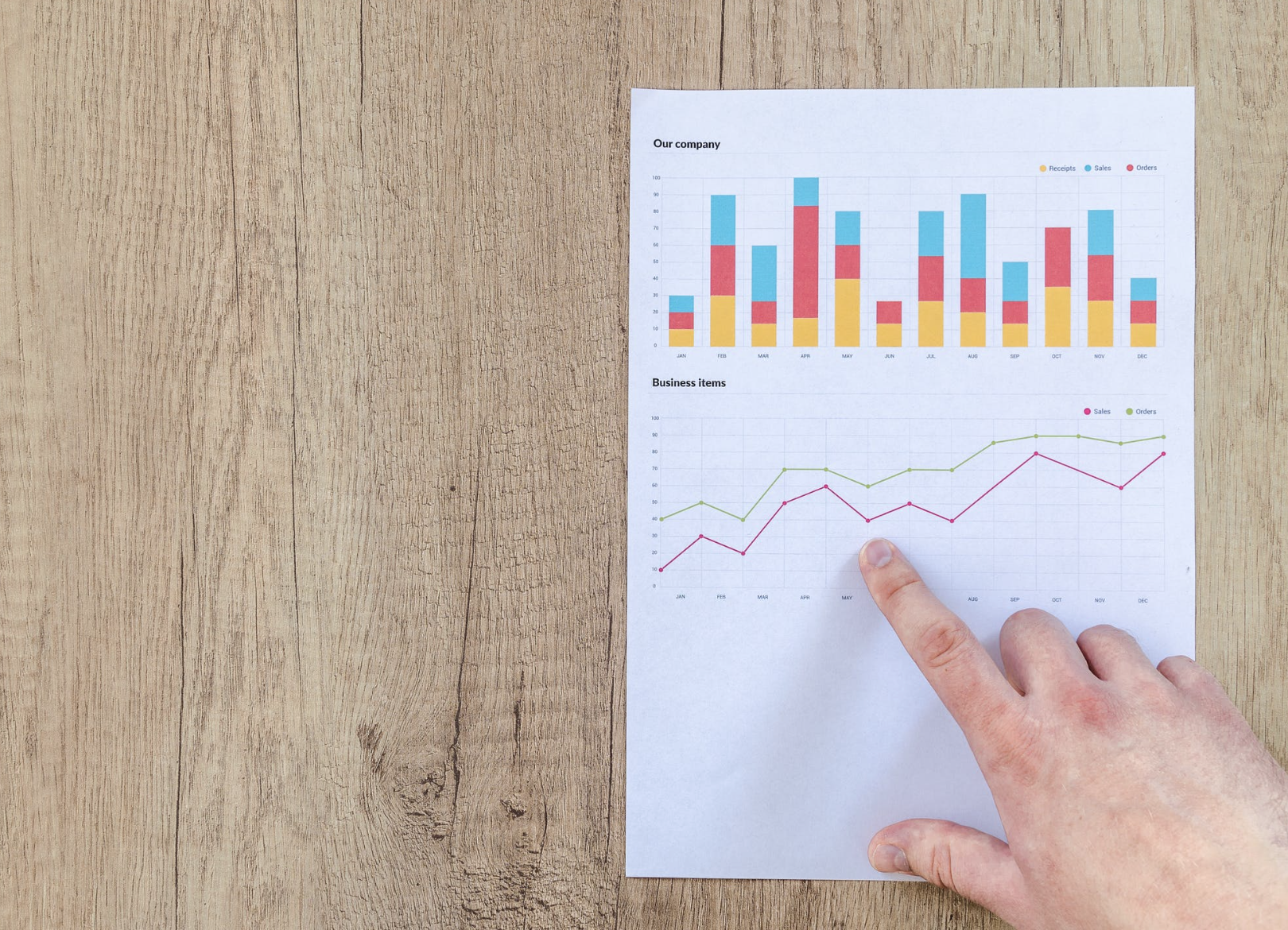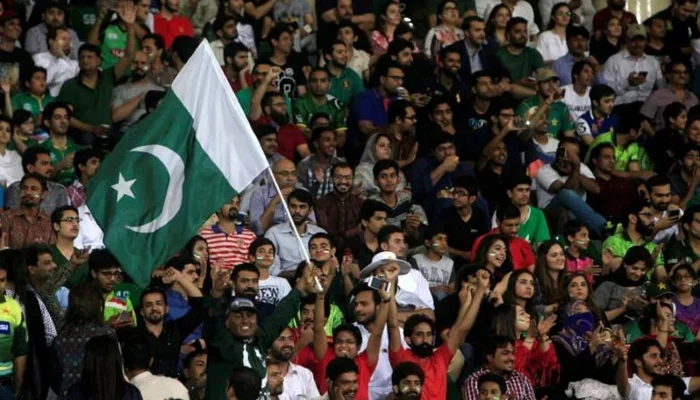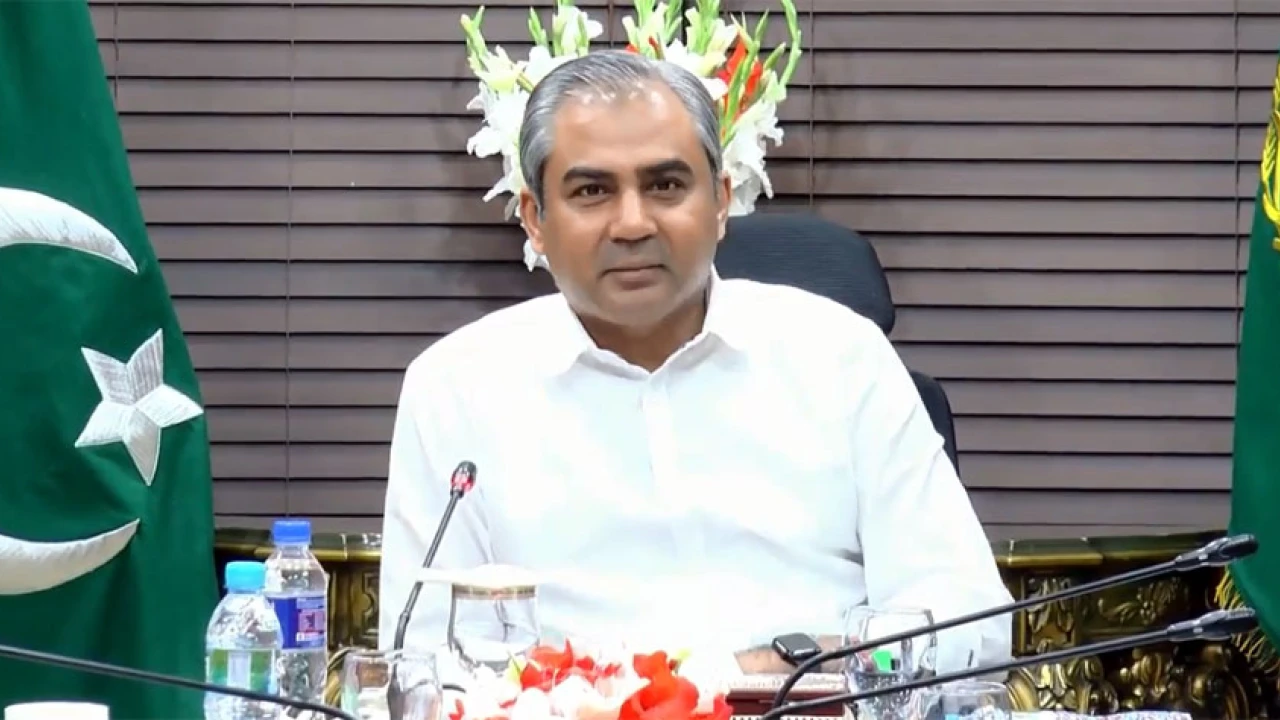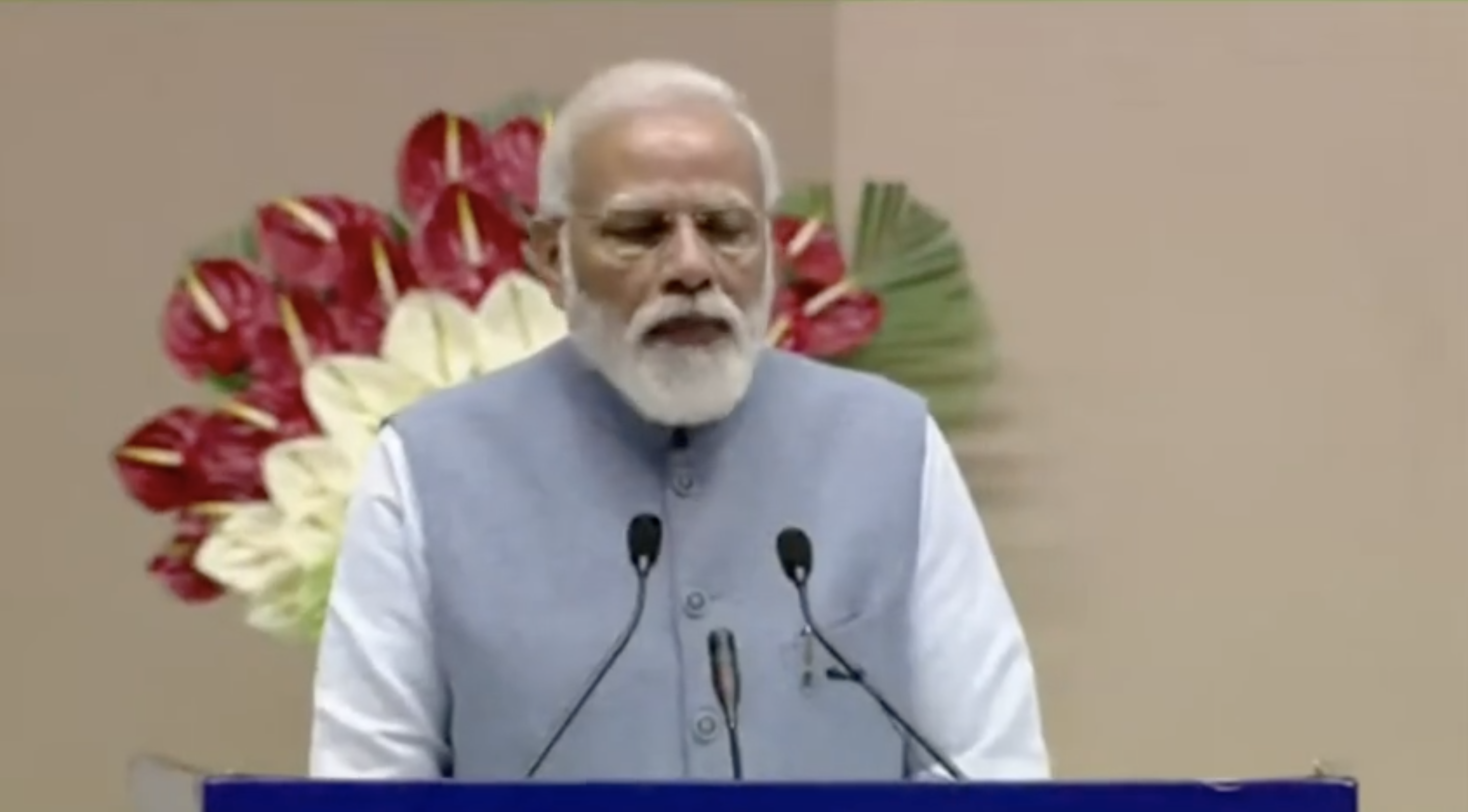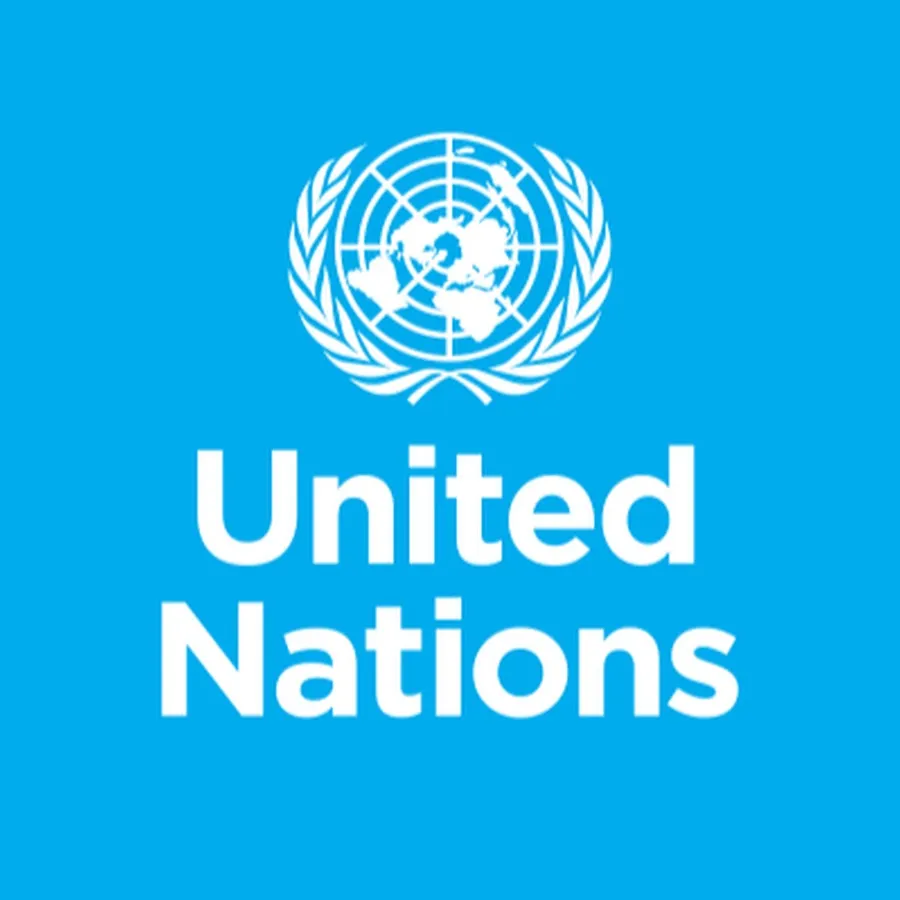Inflation can lead to a decrease in public trust in the government, as it is perceived to be unable to effectively manage the economy
Inflation is a major economic issue in Pakistan, and it has been increasing steadily over the past few years. It is defined as a sustained increase in the general level of prices for goods and services and it erodes the purchasing power of money, making it more difficult for people to afford the basic necessities of life. Inflation is on the rise as the cost of living continues to increase, making it difficult for the middle class to keep up with the rising costs.
Causes of inflation in Pakistan:
There are several factors that have contributed to the high rate of inflation in Pakistan. One of the main causes is the country’s weak economic policies. The government has failed to implement effective fiscal and monetary policies to control inflation. This has resulted in a large budget deficit, which has led to an increase in the money supply and a rise in prices.
Another factor that has contributed to inflation in Pakistan is the country’s high population growth rate. The population has been growing at a faster rate than the economy, leading to an increase in demand for goods and services.
The third factor is the country’s dependence on imports. Pakistan relies heavily on imports for its basic necessities, such as food and fuel. This has caused prices to rise as the cost of imports has increased. Finally, the government’s failure to control corruption has led to an increase in the cost of doing business, and all these factors have caused prices to rise as suppliers try to meet the increased demand.
Impact of inflation:
Inflation has had a major impact on the middle class in Pakistan. It has led to a decrease in their purchasing power and an increase in their living costs. The prices of essential commodities such as food, fuel, housing, and other basic necessities are at an all-time high and this has made it difficult especially for the middle class to make ends meet.
The rising prices have also led to an increase in unemployment, as businesses have been forced to lay off workers due to increased costs. In addition, the wages of the middle class have failed to keep pace with inflation, leading to further financial strain. Inflation has also led to a decrease in the savings of the middle class. The high cost of living has meant that people are becoming increasingly unable to save enough money to meet their future needs. This has left a devastating number of them vulnerable to economic shocks and unable to cope with unexpected expenses.
Inflation has also made it difficult for the middle class to access loans to purchase essential items or invest in businesses. As a result, the growth of the middle class has been hampered by inflation and the conditions are leading more and more towards poverty and economic hardships.
Economic policies addressing this issue:
In Pakistan, economic policies are in place to address the issue of inflation. The government has implemented a number of measures to reduce inflation and make prices more stable. These policies include fiscal and monetary policies, such as increasing taxes to reduce domestic demand, reducing government expenditure, and increasing the supply of money in circulation to reduce liquidity.
The government has also adopted an export-oriented growth strategy to attract foreign investment and boost the economy. Additionally, subsidies and price controls have also been put in place by the government to help contain inflation.
Sociopolitical implications of inflation:
The social and political implications of inflation on our middle class are far-reaching. Inflation has a disproportionately negative effect on the middle class, as they are the most vulnerable to price increases. This can lead to an increase in poverty, as it is more difficult for them to purchase basic items such as food and medical supplies. This can also lead to increased levels of inequality and discontent as the rich are not experiencing the same difficulties.
Politically, inflation can lead to a decrease in public trust in the government, as it is perceived to be unable to effectively manage the economy. This can lead to a decrease in support for the government and can even lead to protests or civil unrest.
Potential solutions:
One potential solution for long-term economic stability and improvement is to focus on fiscal policy. Fiscal policy involves increasing or decreasing taxes and government spending. By managing fiscal policy appropriately, the government can help to achieve full employment, price stability, and economic growth. Additionally, fiscal policy can be used to reduce income inequality and promote equitable distribution of wealth.
Another potential solution for economic improvement is to focus on structural reforms. Making changes to the institutional framework of an economy and engaging in deregulation, privatization, and liberalization of markets is an important series of steps. By taking these steps the government can help increase competition, encourage innovation, and create efficiencies in the economy. Moreover, structural reforms can help to reduce corruption and improve the business environment. This, in turn, will lead to better conditions, most notably for the middle class.
Finally, another solution for long-term economic stability is to focus on monetary policy. Monetary policy involves the use of interest rates and the money supply to manage economic activity. By managing monetary policy appropriately, the government can ensure that economic growth is steady, and inflation is kept under control. It can also help reduce unemployment and create jobs. Implementing these solutions will doubtlessly aid in stabilizing the middle class and lead to the improvement of the overall economic situation in the country.
